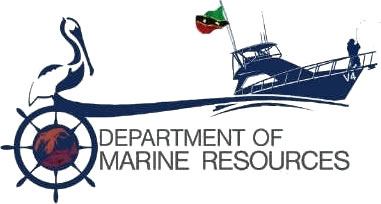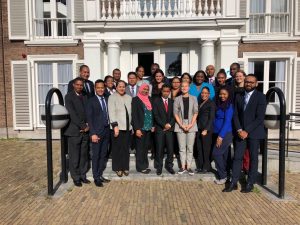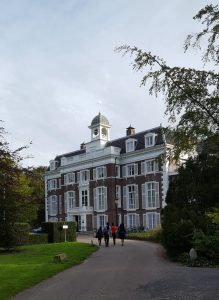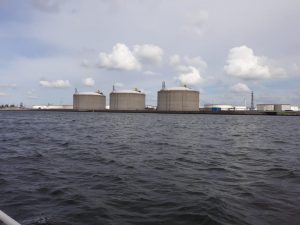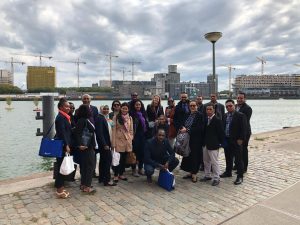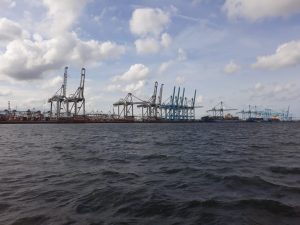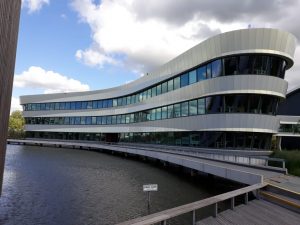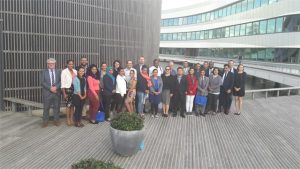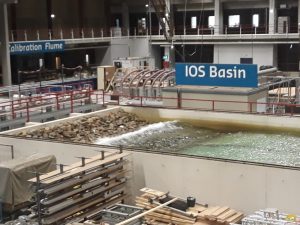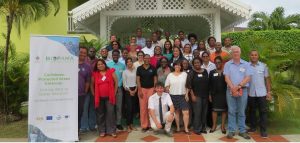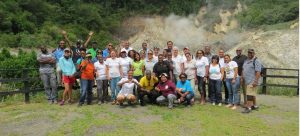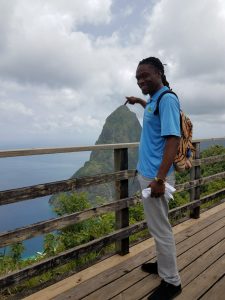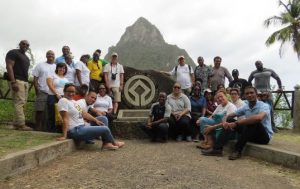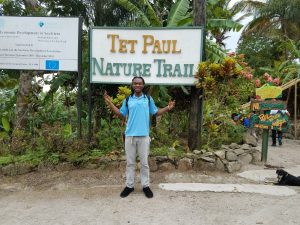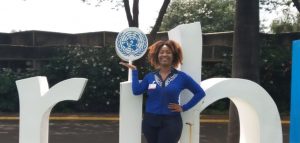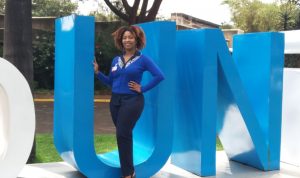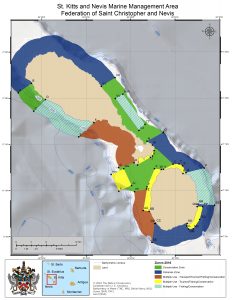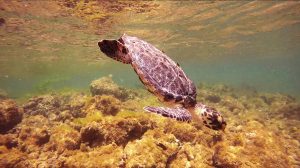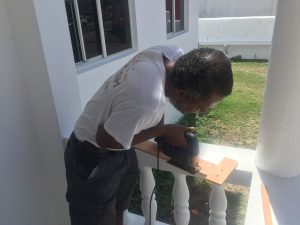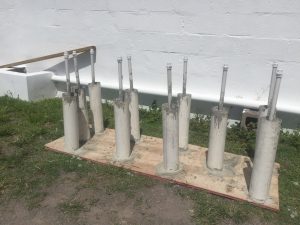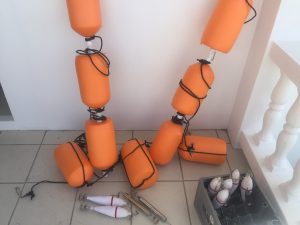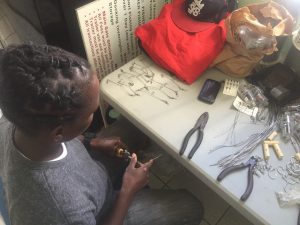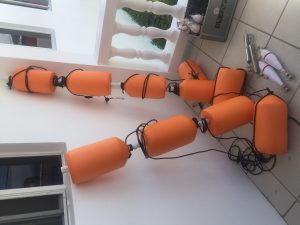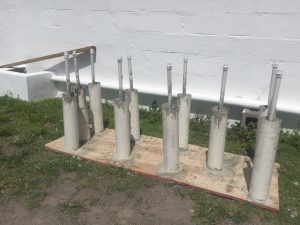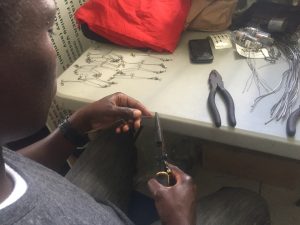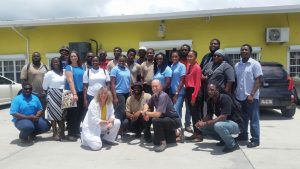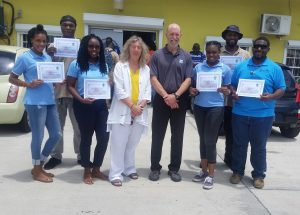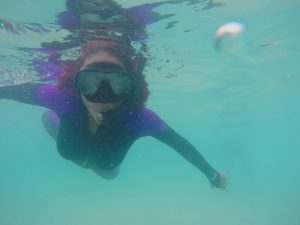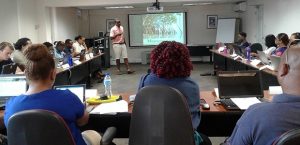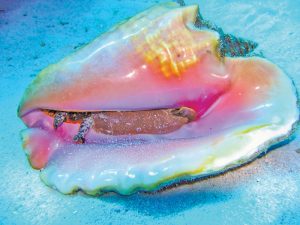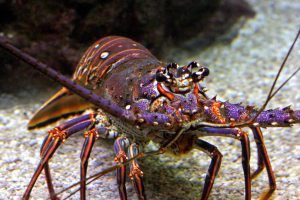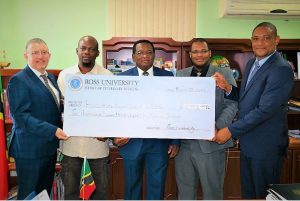Vessel Monitoring Systems and Licensing Distribution Ceremonies
2019 registered fishing boat owners in St Kitts and Nevis will receive vessel monitoring systems and their fishing vessel registration certificates at ceremonies to be held in St. Kitts at the Police Training Complex on February 5, 2019 at 5 PM and in Nevis at the Nevis Disaster Management Department on February 7, 2019 at 9 AM.
This initiative is a joint effort between the Federal Government of St. Kitts and Nevis and the Nevis Island Administration to improve the safety and security of fisher at sea. The featured address in St. Kitts will be delivered by the Honourable Eugene Hamilton, Minister with responsibility for marine resources within the Federal Government of St. Kitts and Nevis. While the featured address in Nevis will be delivered by the Honourable Alexis Jeffers, Minister with responsibility for marine resources in Nevis Island Administration.
Both administrations are concerned about fishers losing their lives at sea. As a result, a basic fisher training course began in 2017 for fishers in the Federation aim at improving their survival and navigational skills. This year, steps were further taken by introducing vessel monitoring systems to track fishing vessels when fishers are experiencing distress while at sea. There is an emergency button on the vessel monitoring system that can alert rescue authorities in efforts to locate fishing vessels.
Fishing vessel owners do not have to pay for these vessel monitoring systems as the Government has absorbed an estimated $156,520 USD for these systems. Fishers are encouraged to continue practicing their profession while doing so in a responsible manner so that the nation and their families can enjoy the nutritional value and benefits that fish and fisheries products provide.
